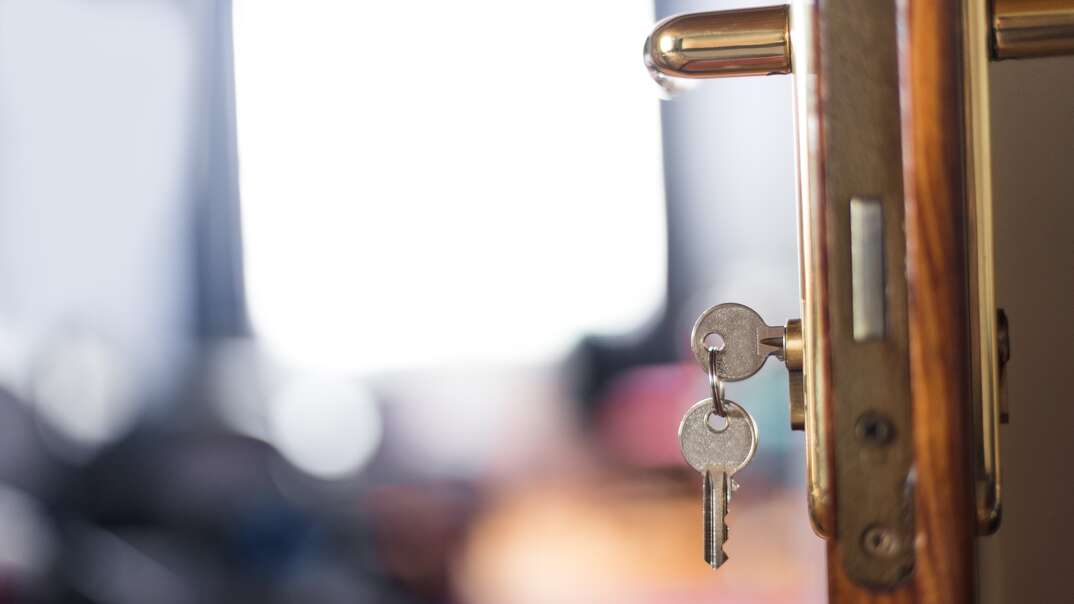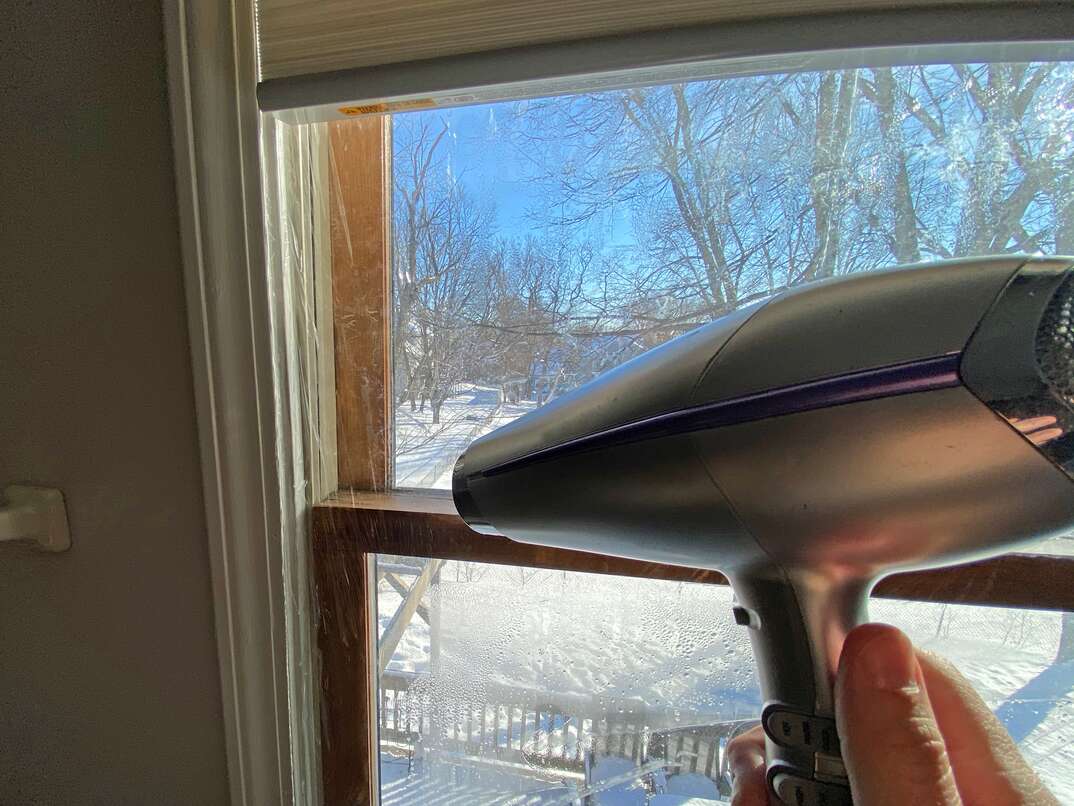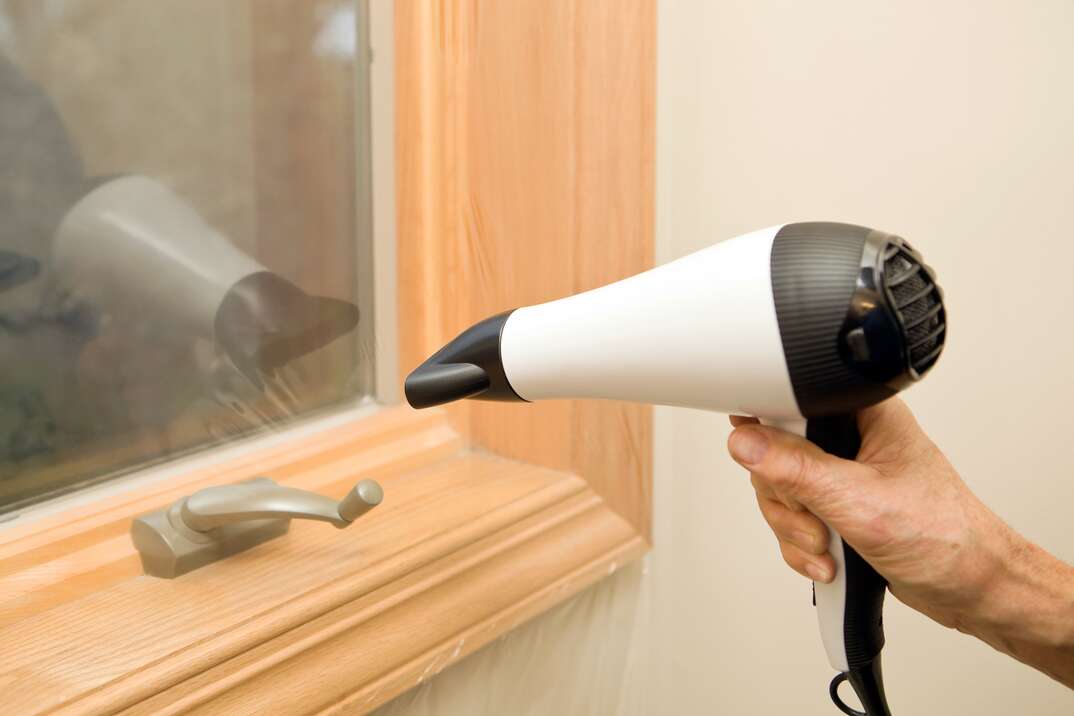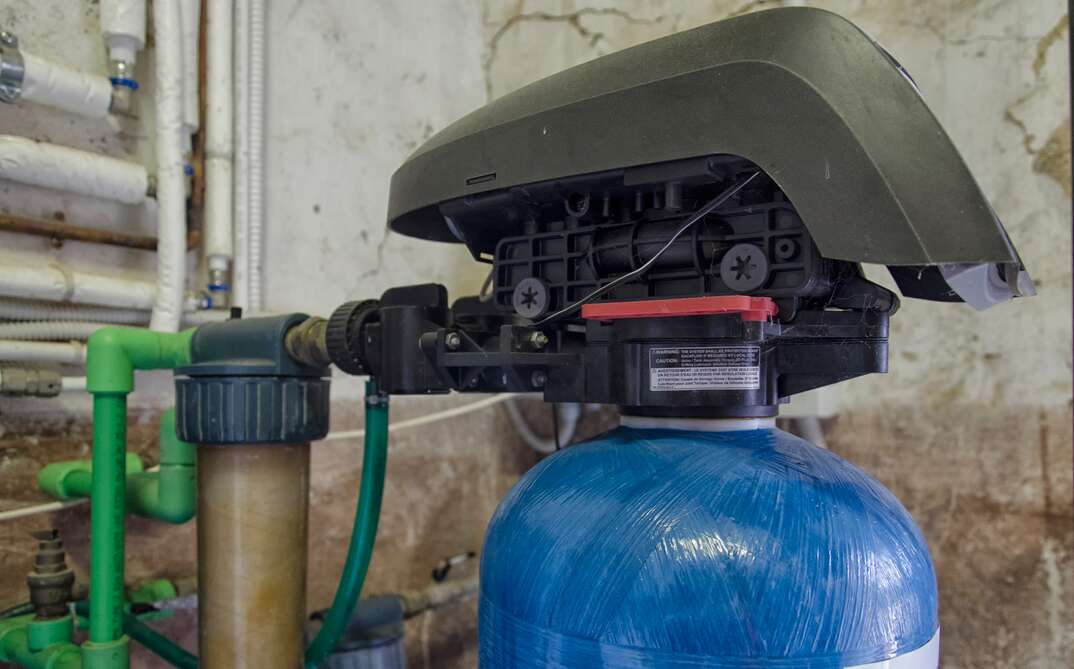How to Get Your Apartment Security Deposit Back

So you’re moving out. The boxes are packed, the fridge is empty and the furniture you no longer want is sitting out on the curb. Perhaps you’ve even taken a moment to fill the nail holes left behind by the wall art you had put up. The last items on your moving-out checklist are to return the keys to your landlord and — fingers crossed — get your security deposit back.
This May Also Interest You: How Much Does Renters Insurance Cost?
A security deposit is the chunk of money you gave your landlord or rental company before you moved in. Typically, it’s the same as one month’s rent, but the amount may be lower or higher, depending on state law. Should you damage something in your apartment or miss a rent payment, the landlord can use the security deposit to cover it.
According to legal-information site Nolo, in general, renters are not responsible for what’s called “normal wear and tear.” So, assuming you’ve left your apartment in good shape, your security deposit will likely be refunded to you when you move out.
However, that’s if all goes well. For some renters, getting a security deposit back can be quite the ordeal. Here’s a quick guide to ensuring you get back the money that’s owed to you.
Important Note: Landlord-tenant laws vary state to state, and even among counties and cities. So, you should check local laws or consult with an attorney who knows local laws over this general guide. Also, the terms of your specific contract with your landlord are spelled out in your lease. When in doubt, read that first.
Can My Landlord Keep My Security Deposit?
The short answer is yes. If you leave your apartment in a seriously dirty or damaged state, or if you move out without paying your rent, your landlord may use your security deposit to cover these issues. In those cases, you may receive only part — or none — of the deposit back.
How Do You Get Your Deposit Back?
1. Make Sure Your Landlord Knows You’re Leaving
This is a simple one if you’re leaving at the end of your lease term. But if you’re terminating your lease early, rental-property site Bungalow says you’ll want to pay for any penalties you incur. Otherwise, your landlord can take those fees out of your deposit. Also, don’t forget to hand over your keys!
2. Pay the Last Month’s Rent
Don’t assume your security deposit will be counted as your last month’s rent unless that’s spelled out in your lease or you’ve made that arrangement with your landlord. Remember that your landlord can use the security deposit to cover outstanding rent. If you also leave damage behind, the landlord can use the security deposit to fix it and, potentially, sue you for the unpaid rent. To avoid this situation, personal-finance site Money Crashers recommends paying your last month’s rent on time and keeping a copy of the payment confirmation just in case.
3. Make Small Repairs
Did you paint the kitchen green? You’re probably going to want to paint it back to its original beige if you want to get your deposit back. Same with the drawer pulls you switched out for trendier ones. Make similar small repairs yourself: Patch holes, replace the stove burner pans and make sure all the original fixtures are back in place.
4. Do a Deep Clean
You might have heard the term “broom clean” thrown around when it comes to exactly how spotless you need to leave your unit. According to Bankrate, a “broom clean” apartment doesn’t have any left-behind clutter or personal items, and it has been swept. At the very least, you’re going to want to throw away your trash and bust out the vacuum. If you want to err on the side of caution, clean inside the appliances, mop the floors or consider hiring a cleaning professional to do it for you.
5. Be Present for the Inspection
Nolo says you can ask to be there when your landlord inspects the unit for damage. In some states, you have a legal right to be present. You may be able to negotiate down the cost to repair the damage and, thus, get more of your deposit back. If you can’t be present, take photos upon moveout to document how you left the unit.
More Related Articles:
- Homeowners Vs. Renters Insurance: What’s the Difference?
- What Is Condo Insurance and What Does It Cover?
- Does My College Student Need Renters Insurance?
- Moving Money: How Much Does It Cost to Move?
- How to Move: A Guide to Preparing for Moving Day
What’s Considered Normal Wear and Tear?
A landlord or rental company is legally allowed to keep part or all of your security deposit if the damage to the apartment is more than “normal wear and tear.” If that sounds subjective, it is.
According to Apartments.com, you may want to think about it like this: The landlord has to get the unit back to its original condition in order to rent it to someone else. Some tasks toward this goal are routine maintenance the landlord would have to do regardless, while other tasks are beyond what the landlord usually needs to do to get an apartment back in rentable condition. If your landlord replaces the toilet seat for every new resident, for instance, a cracked toilet seat may simply be considered wear and tear.
Here are some examples of normal wear and tear:
- Small holes or dents in the walls
- Faded or cracking paint
- Worn and faded carpet or carpet with minor stains
- Minor scratches on wood floors
- Appliances that show evidence of normal use
- Mold due to poor ventilation
Some cases of excessive damage:
- Broken or missing windows or mirrors
- Doors off the hinges
- Nasty stains or overwhelming odors from pets
- Broken appliances due to improper use
- Large holes in the walls
- Lost, stolen or missing appliances or fixtures
Do I Get My Security Deposit Back With Interest?
This one is highly dependent upon state law. If your state requires it, you will receive your security deposit back, plus interest, minus unpaid rent and the cost of repairing damage. The amount of interest accrued also varies place to place.
How Long Does a Landlord Have to Return a Deposit?
If you’re due a refund, your landlord must get it to you in a timely manner. Much like the previous point, the timeframe your landlord has to return your security deposit depends on the state. It ranges anywhere from 14 days in New York to 60 days in Alabama. Deadlines may vary based on whether you gave your landlord proper notice of your lease termination. To find out the deadline in your state, check Nolo’s list.
To make sure you receive your deposit, leave a proper forwarding address. In some states, if your landlord makes a considerable effort to track you down but can’t locate you, they don’t have to refund the deposit. If you’re not yet sure of your new address, it may be best to list the permanent address of a friend or family member.
What Happens If My Landlord Doesn’t Return My Deposit?
This is a renter’s worst nightmare: You know you’re due back some or all of your deposit, but the landlord doesn’t return it before the deadline, whatever that is in your state. The first thing you should do, according to Bungalow, is to send a strongly worded letter. Here’s a sample demand letter from Nolo.
If that doesn’t work, you may need to file a claim in small claims court or hire an attorney to represent you.


